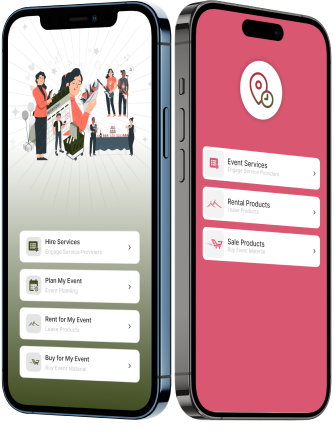Advertisement

Team @ EventNeedz
Unlocking the Secrets to Measure the success of Event: A Comprehensive Guide

The crowd's roar, the performers' energy, and the moment's excitement make an event truly unforgettable. But what makes an event truly successful? Is it the number of attendees? The amount of revenue generated? Or the level of engagement and feedback from the audience? The truth is, that measuring the success of an event is more complex than counting the number of people in attendance or the amount of money made. It's a complicated process considering multiple metrics to provide a comprehensive view of the event's success. In this article, we'll explore the key metrics used to measure the success of an event and ways to use them to create truly unforgettable experiences.
1. Attendance: This can be measured by counting the number of people who attend the event. It indicates the level of interest in the event and can be a good indicator of its popularity. However, it is not a complete indicator of success, as it needs to consider factors such as the quality of the event or the attendees' satisfaction.
2. Revenue: This can be measured by calculating the amount of money generated from ticket sales, sponsorships, and other sources. This reflects the event's financial success and can be a good indicator of its profitability. However, it should be one of many metrics used to measure success. An event with high revenue may only be successful if it meets other goals, such as audience engagement or media coverage.
3. Feedback: This can be measured by collecting feedback from attendees through surveys or interviews. This provides valuable insights into what worked well and what needs improvement and can be used to improve future events. It also can help ensure that the event meets the target audience's needs.
4. Social Media Engagement: This can be measured by counting the number of likes, shares, and comments on social media posts related to the event. It reflects the level of interest and engagement with the event on social media platforms. It can indicate the reach and impact of the event beyond physical attendance.
5. Media Coverage: This can be measured by counting the number of media outlets that covered the event and the reach of that coverage. Media coverage can promote the event and increase awareness. Still, it also can be used to measure the impact and influence of the event on society.
6. The Event's Objective: This can be measured by assessing whether the event met its specific goals and objectives. For example, the event's purpose was to raise awareness about a particular issue. In that case, the event's success could be measured by assessing the level of understanding before and after the event.
It's important to remember that success can be subjective and depend on the event's specific goals and objectives. Therefore, it's essential to use multiple metrics to get a comprehensive view of the event's success.
In conclusion, measuring the success of an event is a complex process that considers multiple metrics. Attendance, revenue, feedback, social media engagement, media coverage, and the event's objectives are all critical factors to consider. However, it's also important to remember that success can be subjective and depend on the event's specific goals and objectives. Event planners can create unforgettable experiences that will be placed for years by considering multiple metrics and comprehensively using them.
About
A blog is an online Article or informational website displaying information in reverse chronological order, with the latest posts appearing first, at the top. It is a platform where a writer or a group of writers share their views on an individual subject.

Advertisement



 Google
Google  Facebook
Facebook 






